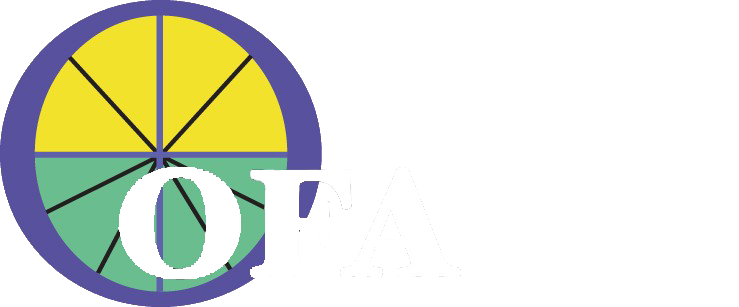Currently, the U.S. produces only about 60% of the required organic corn and 10-30% of the organic soybeans the market requires. Yet the organic trends show the demand increasing at about 14% a year.
For over two years organic grain producers have seen their prices, market opportunities and bottom-lines on their farms decline due to fraudulent imports.
The losses to the twelve Midwestern state organic grain producers (ND, SD, NE, KS, MO, IL, IA, WI, IN, MI, MN, OH) totals over $150 million in lost income for the crop years 2015 and 2016 and if all 48 states and 2017 income losses are included, it is over $250 million.
This situation is unsustainable and will not grow the domestic supply of organic grain.
As documented by the Washington Post investigative reporter, Peter Whoriskey, (May 12, 2017) “The label said ‘organic’ but these massive imports of corn and soybeans weren’t” the profits on one shipload of imported fraudulent grain was over $4 million.
Here are what actions you can take to help put pressure on the solve the problem!
Organic farmers need to reach out to their members of Congress, especially those on the Ag committees for the following:
**Explain what fraudulent imports have done to you, your family and profitability. Be specific about the dollars and cents losses which helps make your story personal.
**You need to strongly express support for greater resources, tools and staffing for NOP to protect American interests. More resources need to be devoted for more NOP staff including auditors and more “boots on the ground” in problem areas such as Turkey, Ukraine, Russian Federation and other countries in especially the Black Sea Region.
**Additional tools are needed to re-enforce the NOP’s ability to take a tougher stance on fraudulent imports. This includes the ability to develop new rules to include requiring importers to be certified and more comprehensive inspection and testing for banned substances at the ports.
**The U.S. currently has no requirement that importers, traders or brokers doing
the importing be certified. Canada and Europe require that. Why not the U.S.?
**Shipments upon arrival at our ports need to be inspected including documents for authenticity. As the recent Washington Post investigation revealed, shipments left Turkey as conventional grain and by the time they arrived in the U.S. forged documents had them as "organic." Currently there is no inspection at the ports for "organic.
**A system of electronic transaction certificates needs to be put in place such as in Europe. This allows the necessary documentation to arrive well in advance of the physical shipment. Adequate procedures can be put in place for when it arrives for inspection and to reduce and eliminate fraud.
**Start talking to your certifiers and asking questions. Were they involved in any import transactions? What are they doing to insure the imported shipments they certify meet the same standards you have to meet?
The time is NOW! Even if you are busy, call from your tractor or combine.
Here is the number to call to contact your Senators and Congressman. The Congressional switchboard number is (202) 224-3121. You can use your zip code to be connected to your Representative’s office, then call back and do it again for the Senate by picking your state. The menus are easy to follow.
August is another Congressional Recess and it is critical that organic farmers invite their members out to your farms and establish relationships that can hold them accountable to you – if not --- the solutions proposed may not be in the farmer’s best interest! And the industry is proposing solutions for you!
There is an urgent need to protect the bottom-lines for existing organic farmers while building a more attractive and durable roadway for the next generation of farmers to close this domestic supply and demand gap for organic.
Farmer leadership and regular communications to your members of Congress is the best tool for speeding this up! Not just a single call, but repeated calls demanding action. Ask to talk to the Congressmen or Senators agricultural policy person and keep calling and checking in about developments and what is being done.
If you need additional information please contact Oren Holle, OFARM president at 785.562.750
(E-mail: oholle@bluevalley.net), Carmen Fernholz, OFARM vice president at 320.598.3010
(E-mail: fernholz001@gmail.com) or John Bobbe, OFARM executive director at 715.467.0031
(E-mail: johnbobbe@gmail.com)
